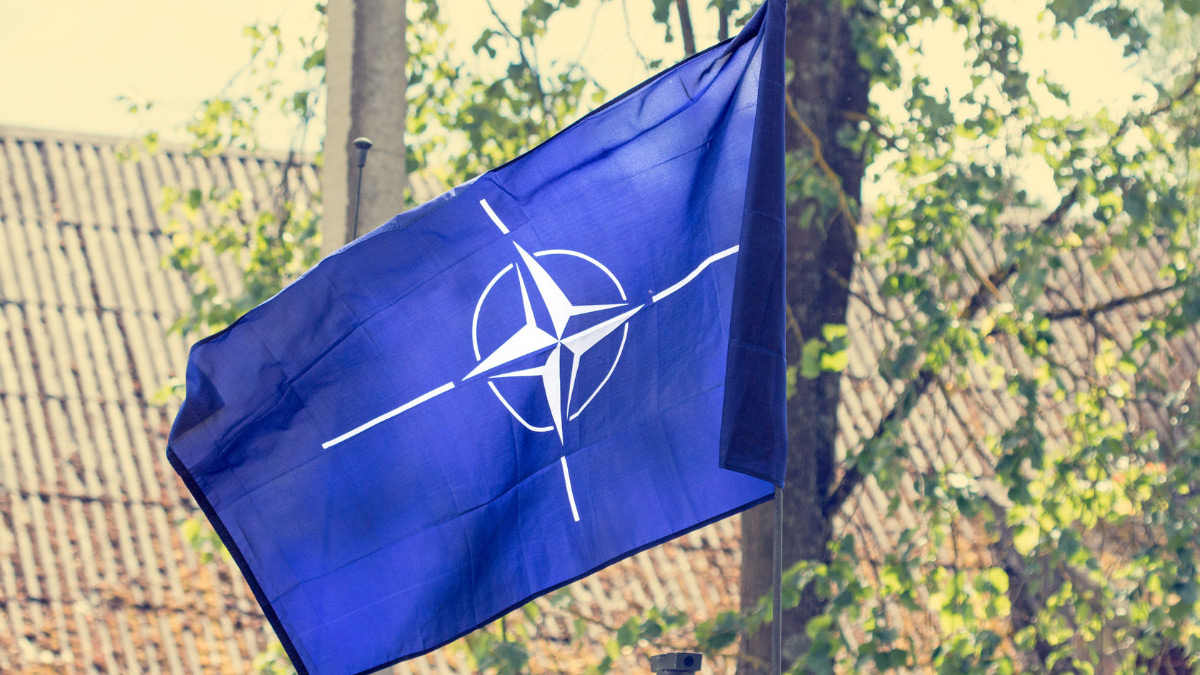In international diplomacy, President Trump is often a bull in a China shop who brings his own porcelain to smash—to the delight of his domestic political base at home. However, any presidential blundering done overseas in Europe this week should not ignore that two of Mr. Trump’s instincts may be correct in the long term. Europeans need to do more for their own defense, and the United States likely needs to have a better relationship with Russia.
Although proponents of a strong NATO alliance, such as former diplomat Victoria Nuland, always tell us that it is in the U.S. interest to have strong alliances and that those alliances are in U.S. security interests, as well as those of the allies, Ms. Nuland also emphasizes that all but one of the 28 U.S. allies are already increasing defense spending and that 26 are contributing more troops to NATO activities.
In fact, she claims that in another six years, by 2024, 16 of the members are on track to reach the promised defense spending of two percent of GDP. And there is still some talk among NATO apologists of expanding NATO to include even more countries, including Georgia and Ukraine.
Yet NATO has been out of date since the end of the Cold War, even as it expanded territorially east toward Russia and adopted new missions—for example, to “out-of-area” missions such as the war in Afghanistan that seemed to violate the alliance charter. NATO was originally created with the sole mission of defending Western Europe from a Soviet Union, which had a tank army essentially occupying Eastern Europe. When the Cold War ended and the Soviet Union collapsed, the thinking in the U.S. government was that to justify U.S. forces remaining in Europe, the alliance had to “expand or die”—thus the need for expansion in territory and mission.
Of course, Russia perceived the enlargement of a hostile alliance east to its borders by the inclusion of former Soviet client states and even parts of the former Soviet Union—for example, the Baltic states—as humiliating and as a security threat. Russia has been invaded countless times through its vulnerable Western borders. Such expansion and subsequent indignity was partly responsible for the popular rise to power of nationalist leader Vladimir Putin in 2000. In turn, his annexation of the Crimean portion of Ukraine, largely for its strategic naval base, and support for separatists in the eastern part of that country was his attempt to salvage what he could from the loss of Ukraine to the Western camp and talk within the NATO alliance of incorporating it.
In short, Mr. Putin was attempting to prevent the absorption of the most strategic buffer nation into an unfriendly alliance. Even Mr. Putin’s clear meddling in the American election to help Donald Trump win—if credence is given to Mr. Putin’s complaints about Hillary Clinton’s derogation of his election win in Russia—may have been triggered his perceptions of U.S. interference in that Russian poll.
American politicians and media, still imbued with an outdated post-World War II imperial mentality, always assume that keeping allies happy should be a paramount U.S. goal. However, alliances should be means to an end: U.S. security. When alliances become outdated and cause problems, such as helping to create an authoritarian and hostile Russia, we should also be concerned that they could drag the United States into an unneeded, and potentially nuclear war with another great power. Entangling alliances, such as those eschewed by the American Founders, drew reluctant European nations into the massive and needless carnage of World War I.
Mr. Trump is correct that the United States has not been getting a good deal by defending wealthy European nations that can defend themselves. Since World War II, hundreds of billions of U.S. taxpayer dollars have been allocated to defending countries that didn’t fully open their markets to American goods and services. However, Mr. Trump’s solution of starting a trade war with them to pry open their markets more fully is the wrong policy. These countries all suffer costs for not conducting free commercial policies. And his policy of twisting arms to get allies to pay more of the defense bill has been tried unsuccessfully by many prior presidents. “Free riding” is endemic to alliances.
A better solution that Mr. Trump is apparently quietly considering—and has asked the Pentagon to analyze—is withdrawing U.S. forces from Germany. The Pentagon likely will find many reasons to advise against it. However, Mr. Trump should insist on a gradual but full withdrawal over a five-year period, while abrogating the NATO treaty. The rich nations of the European Union now have a GDP greater than that of the United States and can be the first line of defense against Russia—a nation with the GDP the size of Canada or Italy, a stagnating petro-state economy, a declining standard of living, and rising taxes. Thus, as Mr. Putin has been demonized, the Russian threat has been wildly exaggerated.
Russia should have been punished more severely for meddling in the U.S. election—and still can be to deter it from doing so in the future—but in the long term the United States needs to find a way to better relations with Russia as a counterweight to a rising China, which should be more concerning to the U.S. government. Russia does have a conniving autocrat for a leader, but we must learn to deal with him.

















